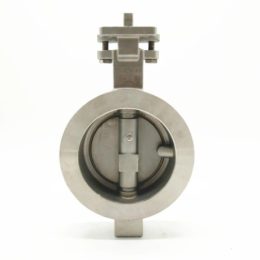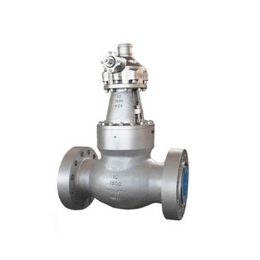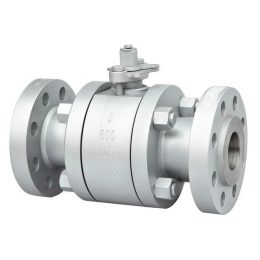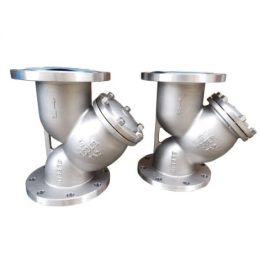Gate Valves: Bidirectional and Versatile for Various Applications
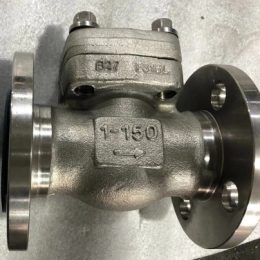
Gate Valves: Bidirectional and Versatile for Various Applications
Gate valves are among the most commonly used valves in the industry. As the name suggests, these valves control the flow of fluids by opening and closing a gate or wedge that slides into the valve’s body. These valves are typically used to shut off or control the flow of liquids such as water, oil, and gas. They can be found in a wide range of applications, including municipal water systems, power plants, petrochemical plants, and many more.
===The Versatility of Gate Valves for Various Applications
One of the key advantages of gate valves is their versatility. They are suitable for use in a wide range of applications, including both low and high-pressure systems. Gate valves can handle a range of operating temperatures and pressures, making them ideal for use in extreme conditions. They are also available in a range of materials, including cast iron, brass, stainless steel, and other alloys, making them suitable for use in various corrosive environments.
Gate valves are also available in a range of sizes, from small valves used in residential plumbing systems to large valves used in industrial applications. They can handle both liquids and gases, making them an excellent choice for a variety of applications. In addition, gate valves are easy to operate, making them an ideal choice for applications where frequent valve adjustments are required.
===Understanding Bidirectional Gate Valves
Bidirectional gate valves are designed to control the flow of fluids in both directions. They are suitable for use in applications where the flow of fluid can change direction. These valves are equipped with two gates or wedges that can be operated in either direction, allowing for the control of fluid flow in both directions.
Bidirectional gate valves are commonly used in applications such as pipelines, where fluid flow can change direction depending on the operation. These valves are also used in applications where the fluid is being transported to and from a specific location. Bidirectional gate valves are an excellent choice for controlling the flow of fluids in these applications.
===Advantages and Disadvantages of Gate Valves
Gate valves offer several advantages over other types of valves. They have a low-pressure drop, which means that they do not impede fluid flow. They are also easy to operate and provide a tight seal, which helps to prevent leaks. In addition, gate valves are durable and long-lasting, which makes them an excellent investment for industrial applications.
However, gate valves also have some disadvantages. They are not suitable for use in applications where frequent valve adjustments are required. They can also be difficult to repair if they become damaged. In addition, gate valves are prone to corrosion, which can reduce their lifespan.
===Applications and Industries that Use Gate Valves
Gate valves are used in a wide range of applications and industries. They are commonly used in municipal water systems, power plants, and petrochemical plants. They are also used in the oil and gas industry, where they are an essential component of drilling and production operations. Other industries that commonly use gate valves include mining, pharmaceuticals, and food processing.
===Maintenance and Troubleshooting Tips for Gate Valves
To keep gate valves working correctly, regular maintenance is essential. This includes cleaning the valve body and gate, checking for leaks, and lubricating the valve stem. If a gate valve becomes damaged, it can be challenging to repair. In some cases, it may be necessary to replace the entire valve.
If a gate valve is not operating correctly, troubleshooting may be necessary. This can involve checking for leaks, inspecting the valve body and gate, and testing the valve stem. If the valve is not working correctly, it may be necessary to replace the valve or repair any damaged components.
Gate valves are a common and versatile valve used in a range of applications and industries. They are easy to operate, durable, and provide a tight seal, making them an essential component of many systems. Regular maintenance is required to keep gate valves working correctly, and troubleshooting may be necessary if the valve is not functioning as expected. Overall, gate valves are an excellent choice for controlling the flow of fluids in a wide range of applications.
